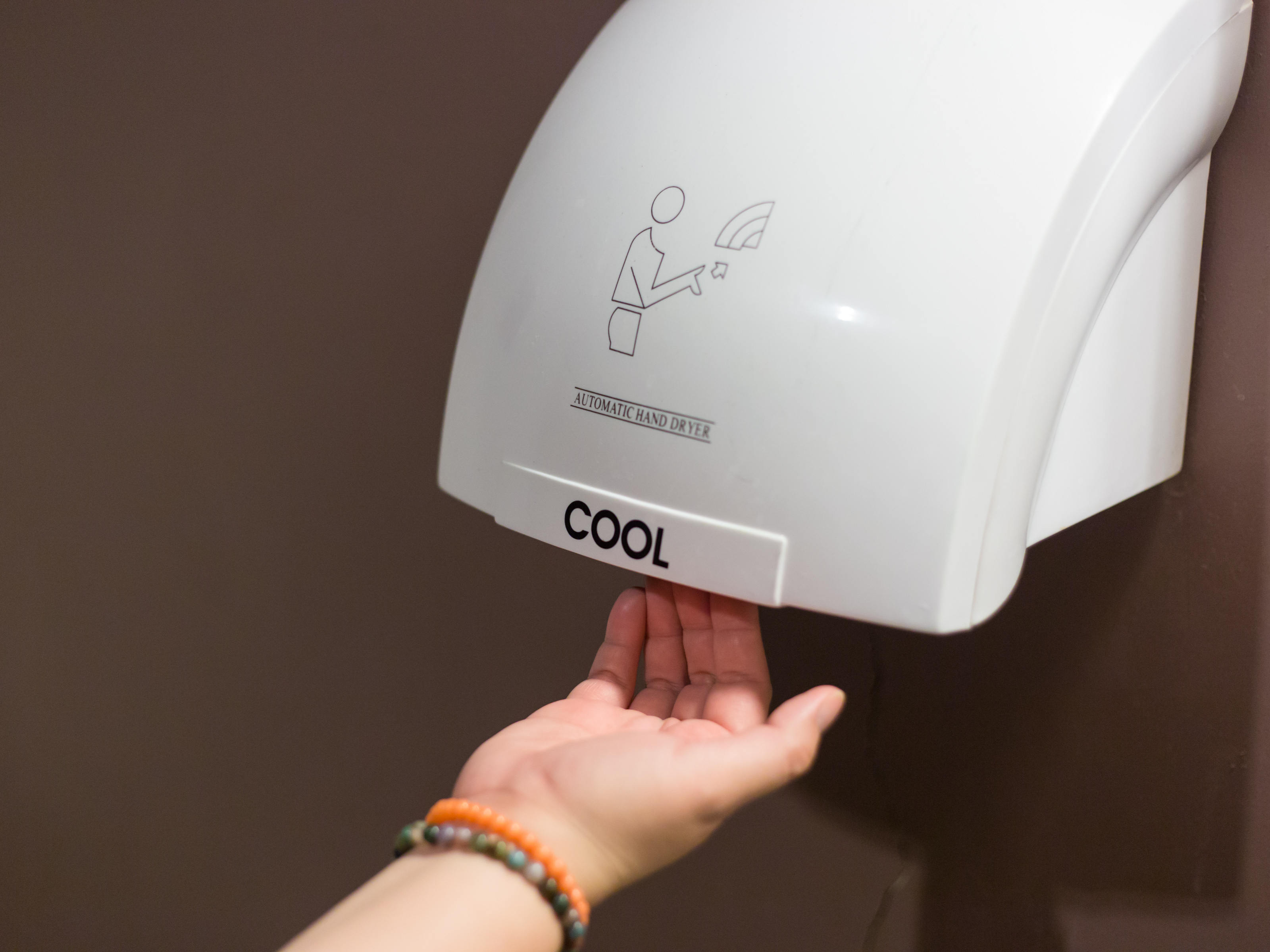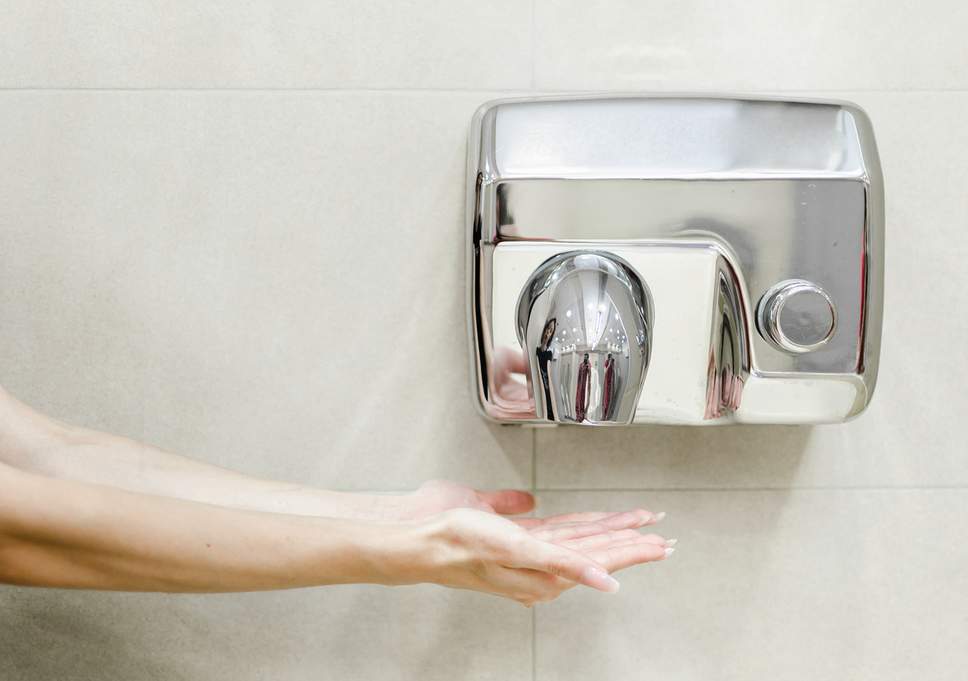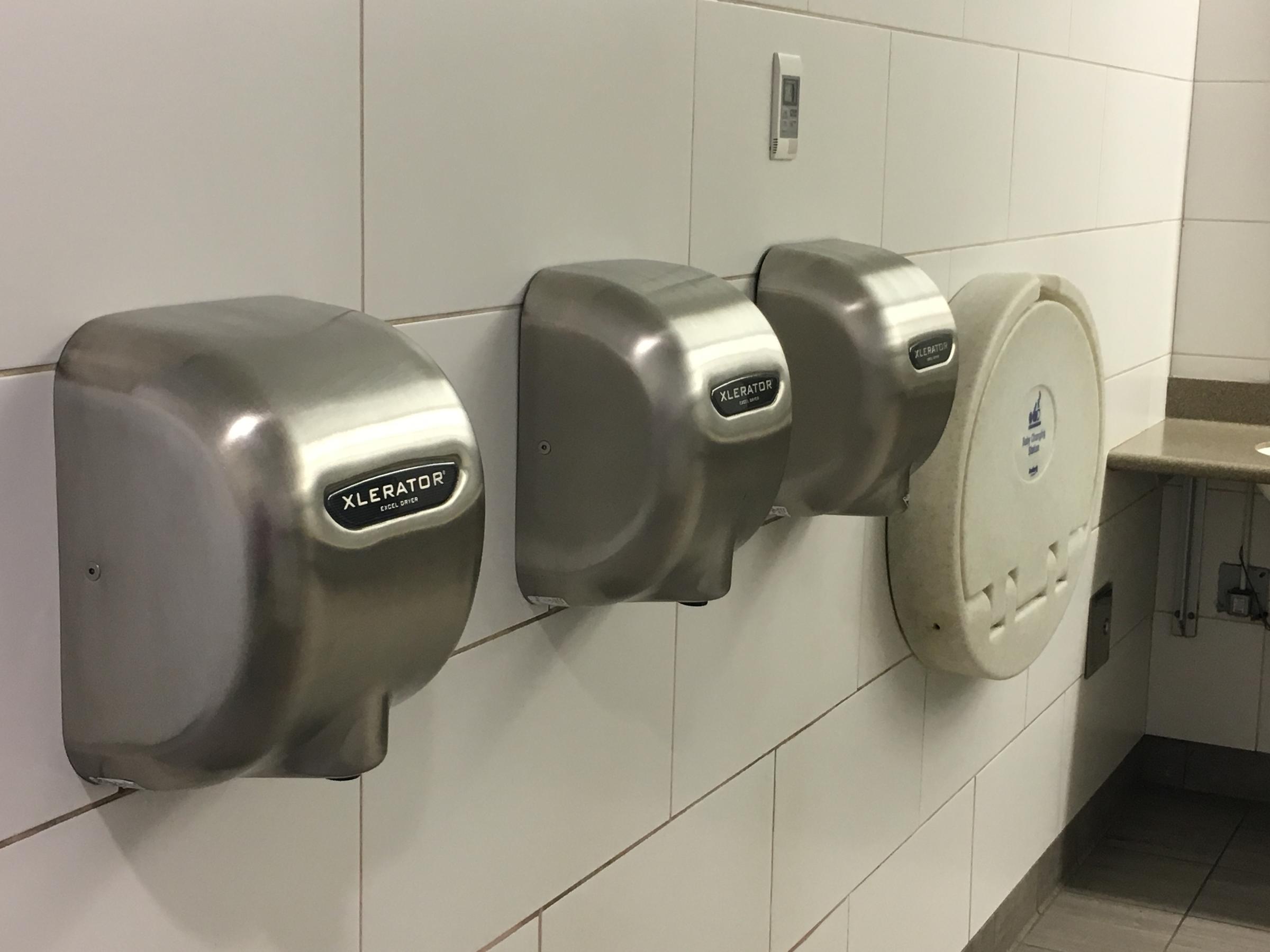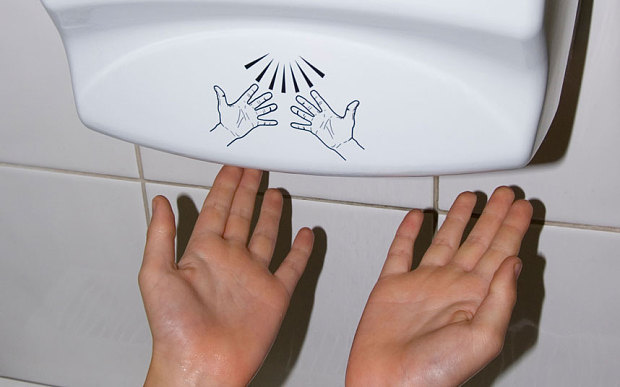- Studies revealed the shocking truth about public hand dryers and the bacteria it contains.
- It was said that the jet dryers can blast bacteria on the surfaces around it.
Whenever we wash our hands, one of the things that we automatically do is to put our hands under the hand dryer.
But in 2014, a shocking truth has been discovered. According to a group of researchers from the University of Leeds, no-tough jet-air dryers in public restrooms are not exactly as sanitary as people thought they are. They found out that the device has the capability to blast bacteria from others’ poorly washed hands into the air onto nearby surfaces. It doesn’t just spread bacteria in small amounts but in disturbing quantities that may increase the possibility of someone walking out of the bathroom covered in people’s germs.
In lab-based experiments, including the recreation of a public washroom, jet-air dryers spread 27 times more bacteria into thin air compared to the old fashioned paper towels. They added that these microbes even circulate for 15 minutes after the blast.
This was backed up by a report made by Professor Mark Wilcox and his colleagues which was published at the Journal of Hospital Infection. They examined how hand drying methods affect bacterial spread in hospital bathrooms. It has been stated as an important issue as many serious and antibiotic restraint infections are known to circulate in clinical settings.
Investigations were conducted in hospitals in three cities, namely Leeds, Paris, and Udine, Italy. It was done over a 12-week period.
Each location involved two restrooms used by patients, staff, and visitors. One restroom only had a jet dryer, while another only had paper towels. Samples of the air and swabs of restroom surfaces were taken everyday for four weeks, then after a two-week pause in collection, each restroom switched to the alternate drying method. The process was repeated three times.
Samples showed that the total amount of bacteria in the air surfaces were consistently higher in restrooms containing jet dryers. What was shocking was in Udine, the dryer was covered in 100 times more bacteria than its counterpart.
So what’s the root of the problem? Wilcox answered that it’s because of those who don’t wash their hands properly.
“In effect, the dryer creates an aerosol that contaminates the toilet room, including the dryer itself and potentially the sinks, floor and other surfaces, depending on the dryer design and where it is sited.
“However, paper towels absorb the water and microbes left on the hands and if they are disposed of properly, there is less potential for cross-contamination.”







